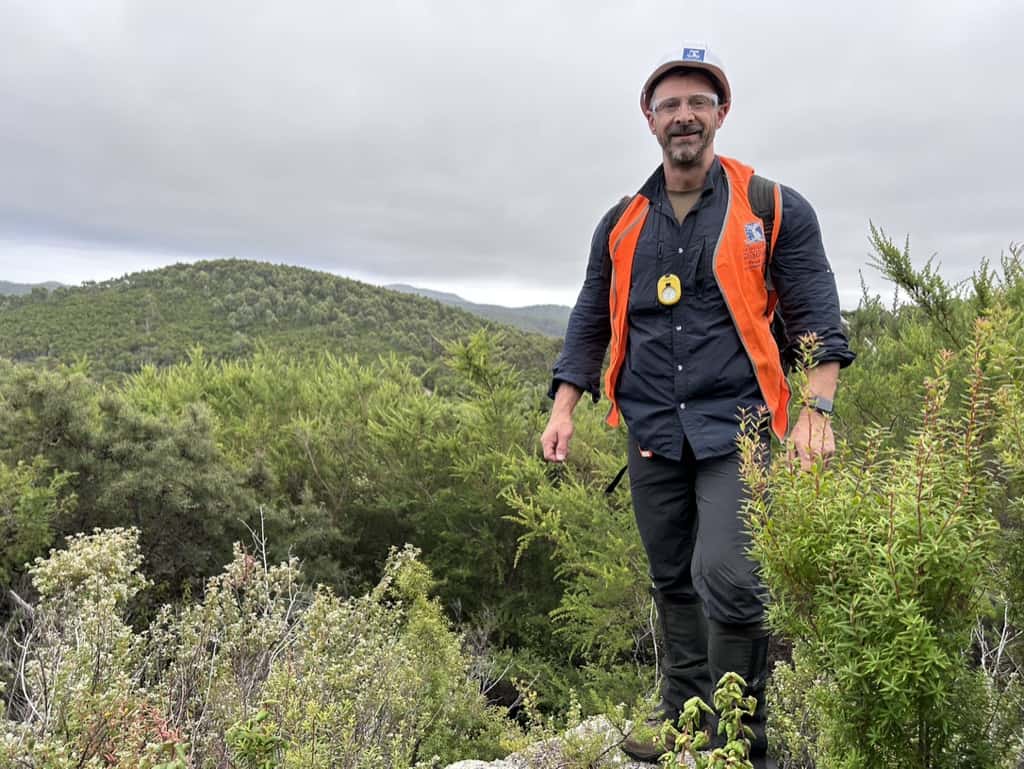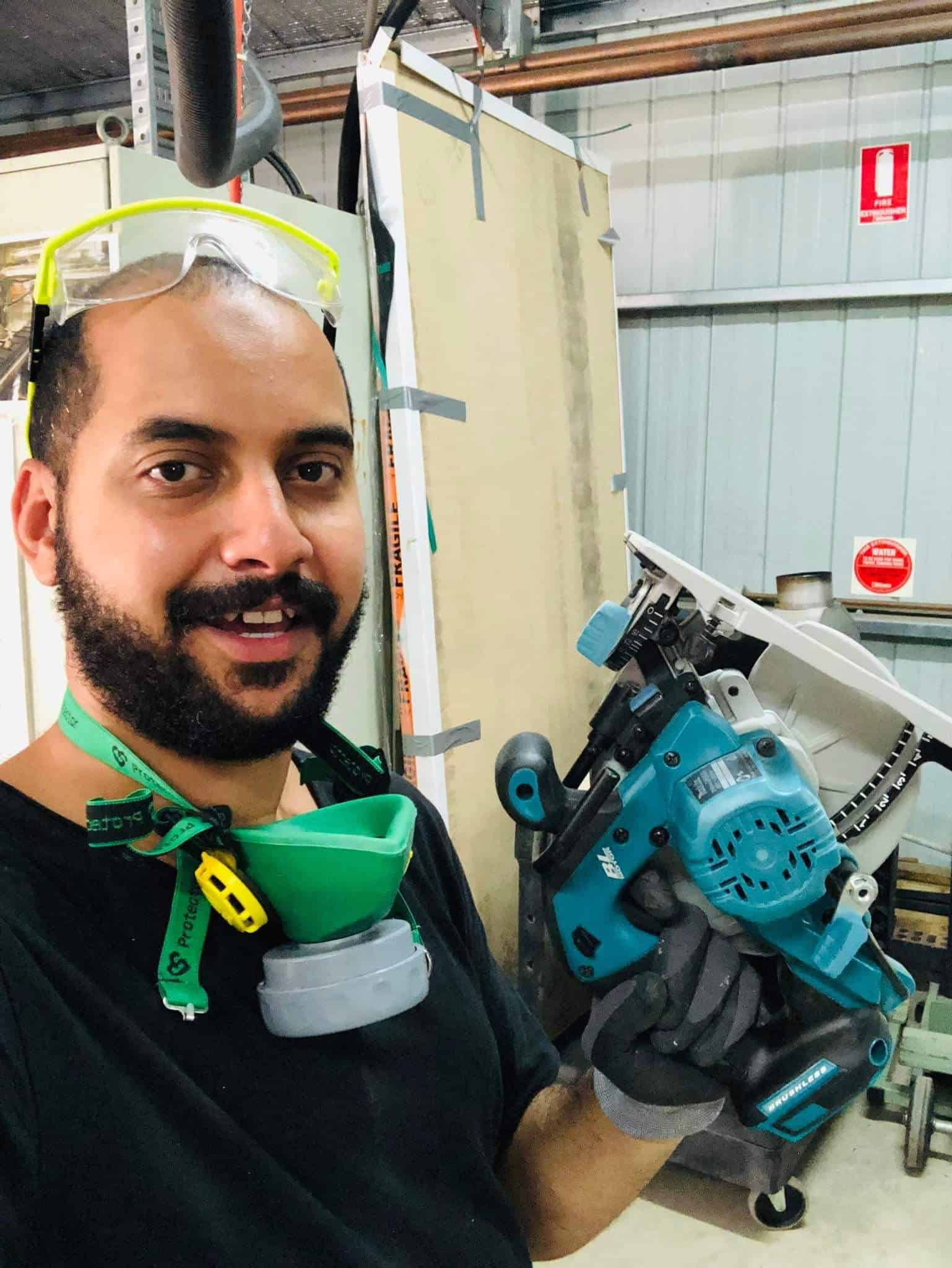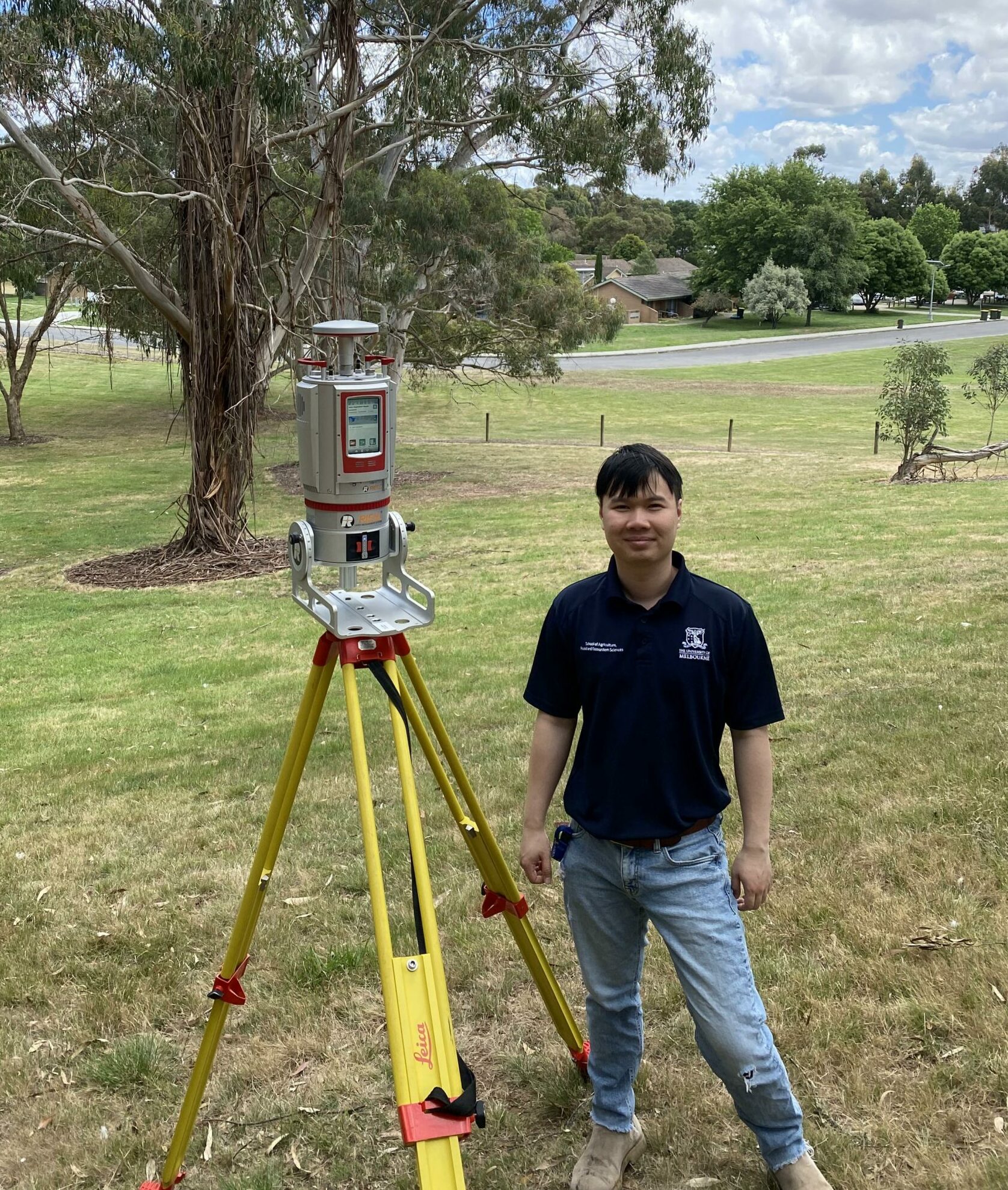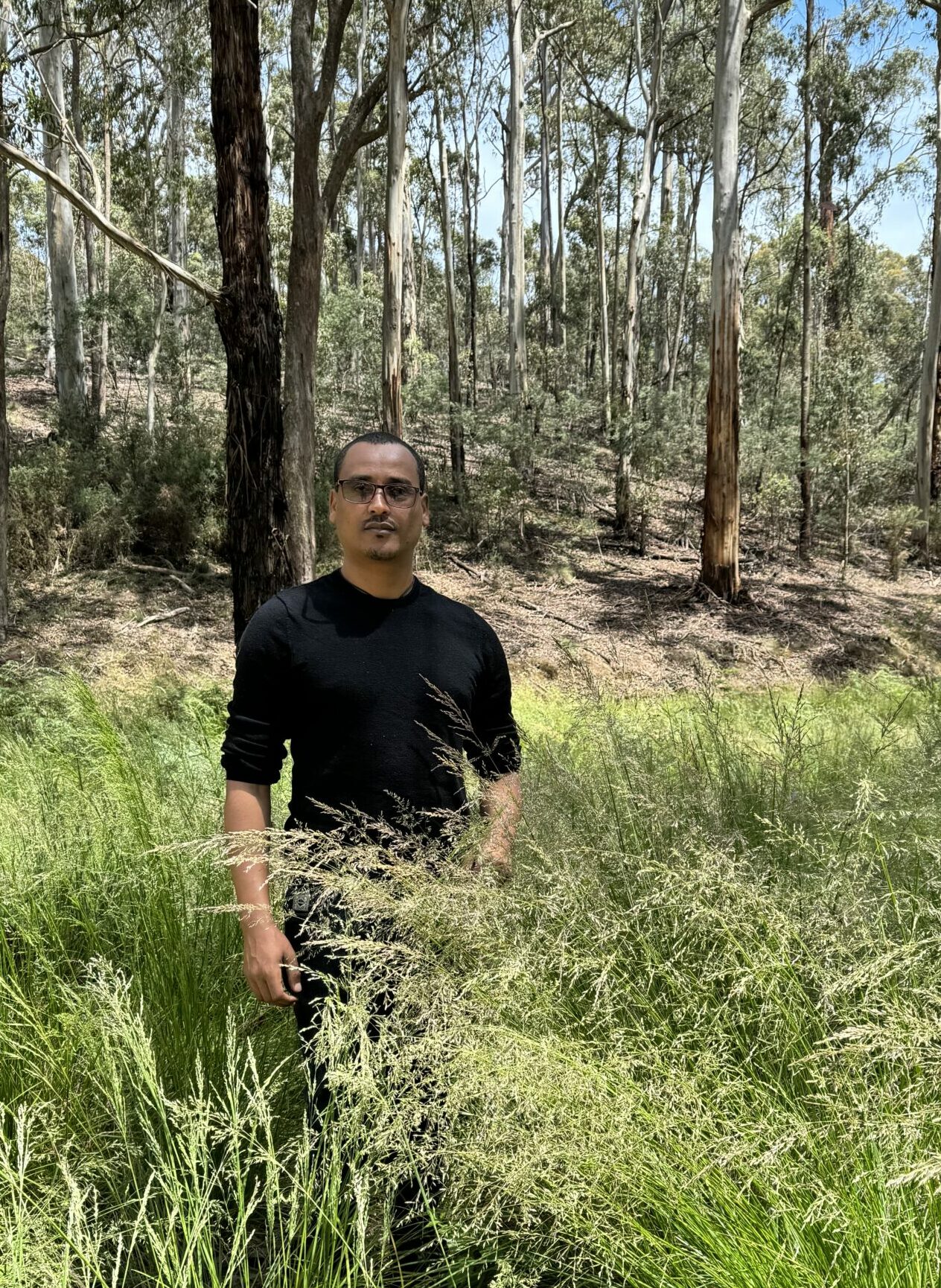Q: What “day to day” type activities that you do?
As I am at the start of my degree, I am still determining the focus of my project. This process involves a lot of desk work. I spend most of my time reading papers and I am currently in the process of conducting a literature review. Something that has surprised me is the amount of coding I am already doing, as I am using R to assist with my literature review.
Q: What pathway did you take to get into the research?
My pathway to research was pretty typical. I completed both my Bachelor of Science (Zoology) and Master of Science (Ecosystem Science) degree at the University of Melbourne. I knew during my undergraduate degree that I wanted to continue studying. I have always loved learning and wanted to have the freedom of self-directed learning that is possible with research. This led me to complete a master’s degree with a large research component. Through my master’s research project, I was introduced to the field of fire ecology and found it a topic I am passionate about. When deciding to complete a PhD I knew I wanted to continue working in the field of fire ecology and knew the FLARE research group would make a good fit.
Q: Do you have any advice for future PhD and Masters students?
My advice for future research students is to not be afraid to take risks and search out opportunities that interest you. If you can, volunteering is a great way to gain hands on experience, learn a wide array of research techniques, network and get an in-depth view of what it is like to study and work as a researcher. If you are unsure of where to find volunteer opportunities try reaching out to someone whose research interests you, ask lecturers and tutors if they know of anyone looking for assistance and look on social media, a lot of researchers advertise their volunteer opportunities online nowadays.
Q: What do you value or find important to success in your research environment?
I find connecting with peers to be one of the most important things to ensure success with your research. As someone who most would consider shy, this was a surprise to me, but became apparent during my master’s project. Peers can be invaluable when you are facing problems with your research as they share similar challenges and can provide feedback with a perspective that differs to those that are more closely connected to your project such as your supervisors. Building connections with your peers is great for networking, broadening your learning and helping you feel connected to your research team. They are also great for your mental health, an underrated but integral part of research. I believe these connections also improve the quality of your research as peers encourage you to think about your project from different perspectives and to look at the big picture.



